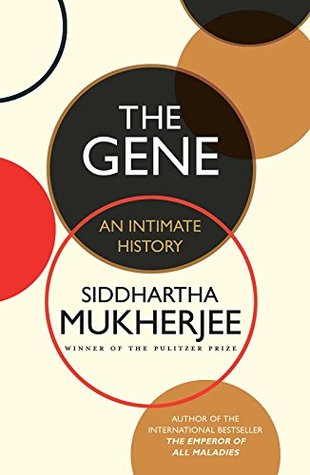Germany had dominated science in the early twentieth century: it had been the crucible of atomic physics, quantum mechanics, nuclear chemistry, physiology, and biochemistry. Of the one hundred Nobel Prizes awarded in physics, chemistry, and medicine between 1901 and 1932, thirty-three were awarded to German scientists (the British received eighteen; the Americans only six). When Hermann Muller arrived in Berlin in 1932, the city was home to the world’s preeminent scientific minds. Einstein was writing equations on the chalkboards of the Kaiser Wilhelm Institute of Physics. Otto Hahn, the
...more
Welcome back. Just a moment while we sign you in to your Goodreads account.


